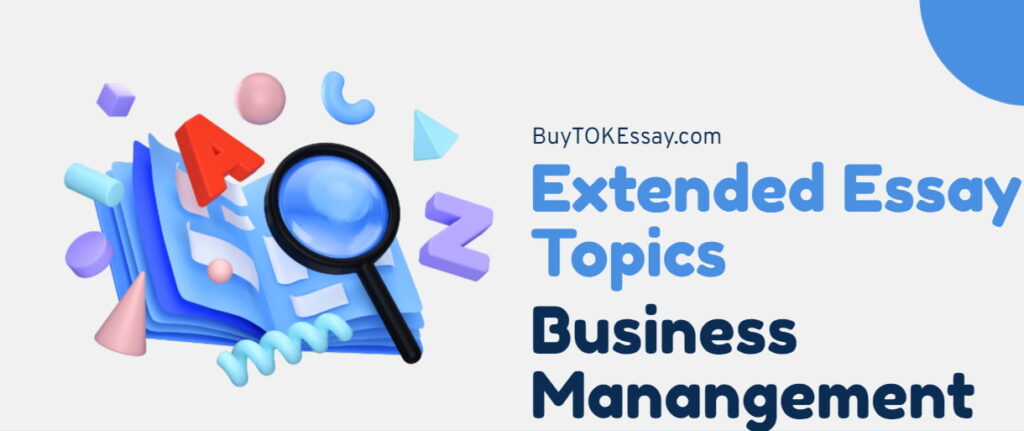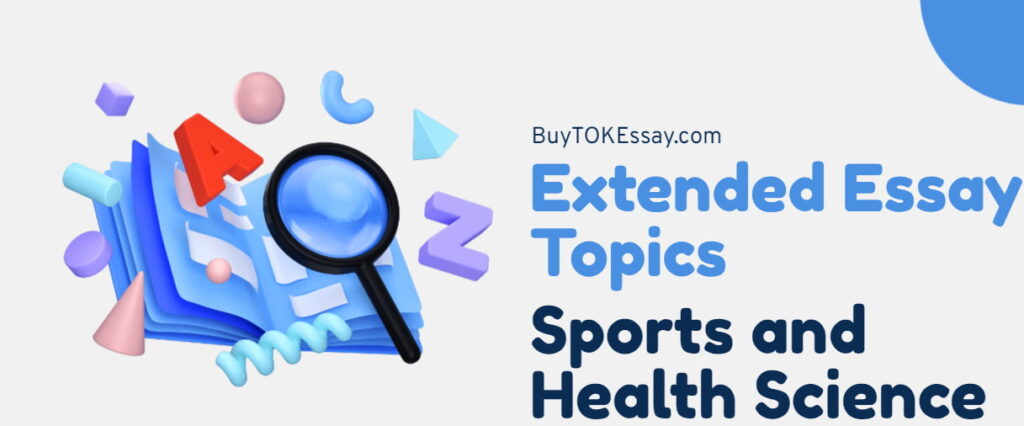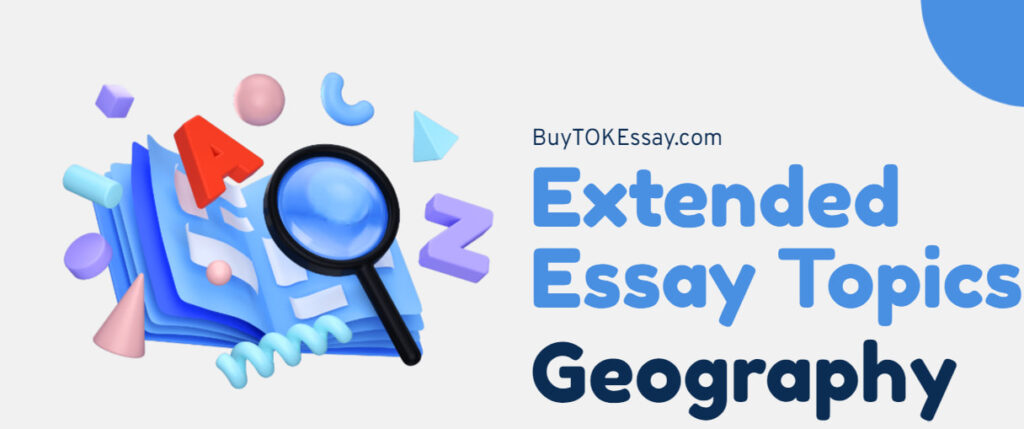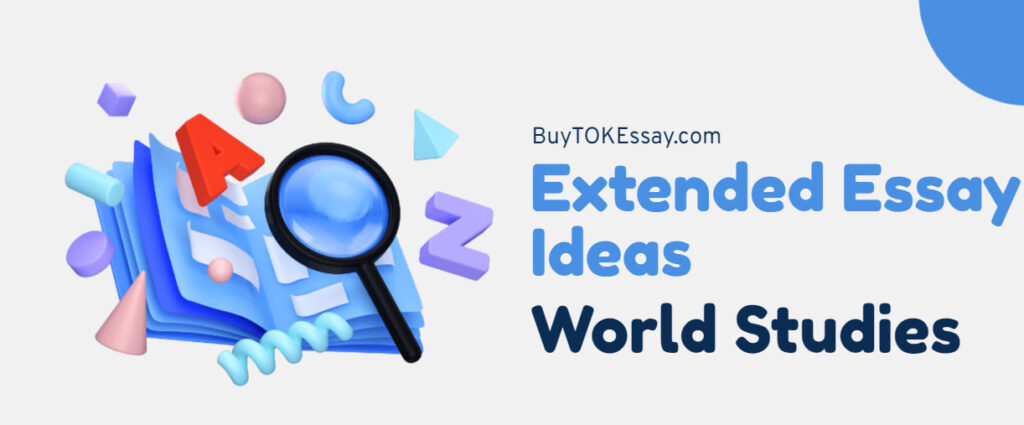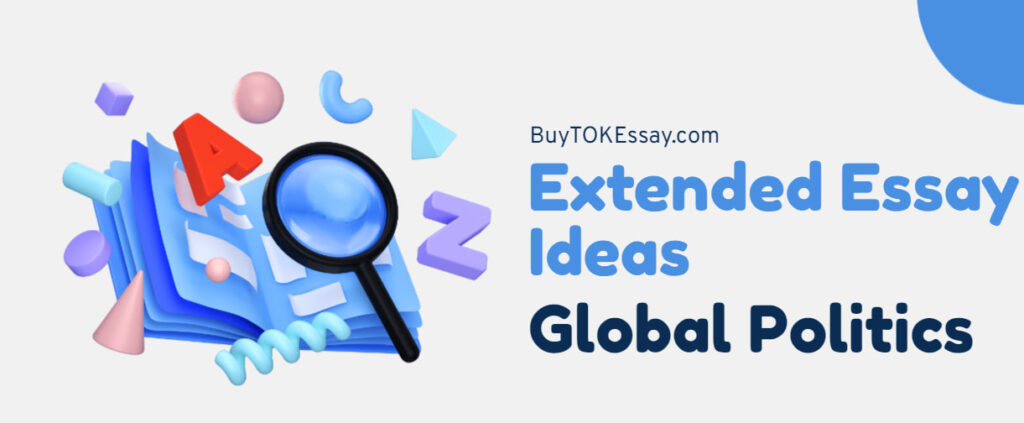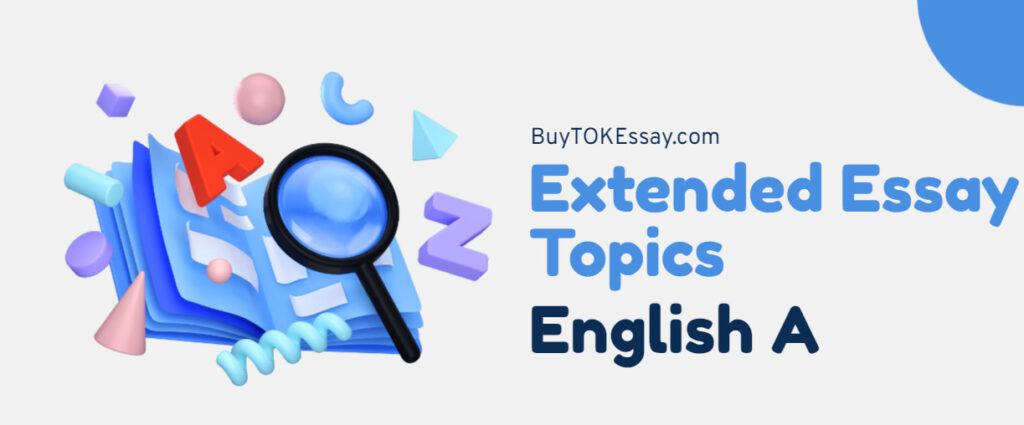You may act like a true historian when you choose History as the subject for your Extended Essay. It entails searching through archives, evaluating supporting data, and developing an argument that goes beyond what is covered in the classroom. So, let’s go over all you need to know about the History Extended Essay subject, from topic choice to the structure and writing process.
- What Is the History Extended Essay Subject?
- What Topics Can You Choose for the History Extended Essay?
- Need Help with Your IB Extended Essay?
- How IB Examiners Assess the History EE?
- How to Structure Your IB History Extended Essay?
- Who Should Select History as an Extended Essay Subject?
- Is the History Extended Essay Subject Hard?
What Is the History Extended Essay Subject?
The History Extended Essay is one of the options you can pick in the IB Diploma Programme. It’s a 4,000-word research paper, so you get to pick a historical topic that interests you and really get into it.
To put it simply, your goal is to investigate a specific historical question and develop your own case, which you will support with both primary and secondary sources.
The History EE subject requires individual research and critical thinking, in contrast to regular essays. You’ll look at what different historians believe, notice where they might be biased, and explain why one point of view seems stronger than another. The focus is not only on the past, but also on the meaning and reasons behind it.
To help you understand how the History EE differs from previous school essays, we have included a brief comparison.
| Regular History Essay | History Extended Essay (IB) | |
|---|---|---|
| Length | 1,000–1,500 words | Up to 4,000 words |
| Sources Used | Mostly textbooks | Primary and secondary sources |
| Purpose | Summarize events | Investigate and interpret history |
| Assessment Focus | Knowledge and recall | Analysis, evaluation, and originality |
As a brief aside, a good History EE starts with a clear and focused question. For example, you could ask, “Did economic problems cause the fall of the Roman Empire?” or “How important were women in the French Resistance?”
Simple, direct questions like these help you stay on track and make your essay more engaging.
Also, starting in 2026, the updated IB History course will become even more flexible. Students will be able to choose from new global themes and regional topics, including issues like innovation, conflict, and social change.
What Topics Can You Choose for the History Extended Essay?
You have a lot of options when choosing your topic for the History Extended Essay. But it might also make it difficult. So, as long as there is sufficient solid evidence to back up your interpretation, the IB encourages students to choose topics that relate to national, regional, or global history.
The official IB History curriculum says that students can research historical contexts through thematic, regional, or focused studies. That means you can pick any event, from wars and revolutions to human rights movements, political transitions, or innovations throughout history.
Very important! Your research question must center on events that took place at least ten years before submission, per the official IB EE criteria. That’s because the IB expects you to use well-studied historical sources, not recent or unfinished events.
Before you pick a topic, you should think about three things: what interests you, whether there are reliable sources available, and whether your research question can be answered analytically instead of descriptively.
You may look at the following topic directions:
| Theme | Possible Focus Areas |
|---|---|
| Conflict and Power | Causes and effects of major wars, resistance movements, and peace treaties |
| Social Change and Rights | Women’s suffrage, independence movements, and civil rights struggles |
| Economic Shifts | Industrialization, trade routes, economic crises, and globalization |
| Political Leadership | Authoritarian regimes, democratic transitions, and revolutionary leaders |
| Cultural Impact | Propaganda, religion in politics, art during wartime |
However, you shouldn’t choose something huge like “World War II” or “the Industrial Revolution.” That’s way too broad for 4,000 words. Instead, focus on one clear question about a specific event or issue.
For example: “To what extent did the Marshall Plan contribute to the division of Europe between 1947 and 1952?”
A question like this works great because it’s focused, analytical, and gives you plenty of room to use real historical evidence.

Need Help with Your IB Extended Essay?
Maximize your potential and boost your Extended Essay’s excellence with the help of our experts!
Whether starting from scratch or fine-tuning your existing assignment to meet your supervisor’s demands, the BuyTOKEssay.com team is here to make your dream of a perfect paper a reality. Say goodbye to writer’s block and hello to success with just one click.
How IB Examiners Assess the History EE?
IB examiners consider more than just factual accuracy when assigning grades for your History Extended Essay. They are mostly interested in your ability to analyze, reflect, and argue. Listing sources or events is insufficient; you also need to develop a cogent historical argument.
The new EE structure, which will take effect in May 2027, assigns 30 marks to papers based on five common criteria that are applicable to all subjects. These same general standards, modified for historical methodology and thinking, are used to evaluate Extended Essays on History.
| Criterion | Marks | Focus |
|---|---|---|
| A. Framework for the essay | 6 | Focused research question in a history context. Clear methodology (sources, archives, historiography) and sustained focus on the question. |
| B. Knowledge and understanding | 6 | Accurate use of historical concepts, terms, and context. Well-chosen primary and secondary sources, demonstration that you understand the subject matter. |
| C. Analysis and line of Argument | 6 | Logical development of a historical argument, linking evidence to claims and critical use of sources. |
| D. Discussion and evaluation | 8 | Reflection on source reliability, limitations, and alternative interpretations. Discussion of how convincing your conclusions are and why. |
| E. Reflection | 4 | How your thinking evolved, how the research process influenced you, and the skills you developed. |
Criterion D is the part that separates someone who just writes about history from someone who thinks like a historian. It’s your chance to show that you understand how evidence works, how historians disagree, and why interpretations matter.
That said, don’t sleep on C and E either. A strong, logical analysis (Criterion C) and honest reflection (Criterion E) can work in your favor.
How to Structure Your IB History Extended Essay?
Within the framework of the IB Diploma Program, History is a dynamic, contested, and evidence-based subject. It challenges you to consider how the past has influenced the world we live in today and to draw your own conclusions from historical data.
And when it comes to the Extended Essay on this subject, IB expects a clear, logical flow. Every section should contribute directly to answering your research question.
Introduction
Begin by giving a short overview of your topic and why it matters. Tell your reader what time, place, or issue you’re writing about and why you picked it. Then, make it obvious what your research question is and what your essay will aim to prove or look into. You might also talk about the primary sources or historians that influenced your writing.
Make sure it’s simple and to the point—first impressions are important!
Body (Analysis and Discussion)
Organize your essay’s body in a way that makes the most sense for your topic. For this purpose, you can go chronologically (step by step through time) or thematically (by ideas or perspectives).
Whatever you choose, make sure every paragraph connects back to your main question and helps prove your point. Concentrate on interpreting history rather than recounting it.
Also, try to balance your evidence too. Use a mix of:
- Primary sources include letters, speeches, photos, or official records.
- Secondary sources, such as books, research papers, or historians’ opinions.
You may only use charts, tables, and pictures in the body of the essay if they help explain or make the topic clearer. Adding irrelevant information will not be rewarded and might even weaken your argument.
Conclusion
Finally, provide a direct response to your research question. Consider your results and discuss any potential drawbacks briefly.
You may see, for example, that certain archives were unavailable or that your sources were restricted to English translations.
References and Appendices
When you write, make sure to use the correct IB formatting for all of your sources. MLA or Chicago typically works best.
You don’t have to include appendices, but if you do, be sure to name them properly and include them in your essay so that parts flow together.

Who Should Select History as an Extended Essay Subject?
If you already enjoy your IB History classes and like digging into how and why things happened, then the History Extended Essay subject might be the perfect fit for you. It’s made for students who aren’t afraid of research, long reading sessions, and connecting small details to the bigger picture.
When working on this Extended Essay, you’ll use what you already know from class, analyzing sources, comparing perspectives, and building arguments. But here, you have a lot more freedom to follow your own interests.
It also makes sense to choose History if you’re planning to study something related at university, like law, politics, international relations, or economics. Universities love seeing that you can handle independent research and back up your ideas with real evidence.
On a more practical level, this subject suits students who like structure but still want creative control. You’ll get to design your own research question, choose your sources, and decide how to tell your story. Sure, it’s a bit of work, but it pays off.
As a summary, if you like linking past events to what’s going on today or enjoy figuring out how things connect, the History subject is definitely a good pick for the Extended Essay.
Is the History Extended Essay Subject Hard?
Yes, writing an Extended Essay on History might be hard, particularly at first. It’s basically a mini university-level paper. You need to do a lot of research, think critically, and use strong historical evidence to develop your own argument. Below are the trickiest parts:
- Finding a good research question that’s specific enough.
- Accessing reliable primary and secondary sources.
- Balancing analysis and description (IB examiners hate pure storytelling).
- Keeping your argument consistent throughout the essay.
It can seem like a lot at first: 4,000 words, a lot of sources, and a tricky question. However, it becomes a lot simpler if you select a topic you like. The most important thing is to keep things organized and split the task down into smaller parts.
Thus, although it is a challenging project, it is not insurmountable. With proper organization, a desire to learn, and a little bit of patience, the History Extended Essay may be one of the best parts of your IB Diploma.
By the way, you may always contact our writers at BuyTOKEssay Service if you feel stuck with structure, sources, or editing. We’ve helped loads of IB students with their TOK essays, Extended Essays, and Internal Assessments, so you’ll definitely be in good hands. 👍
